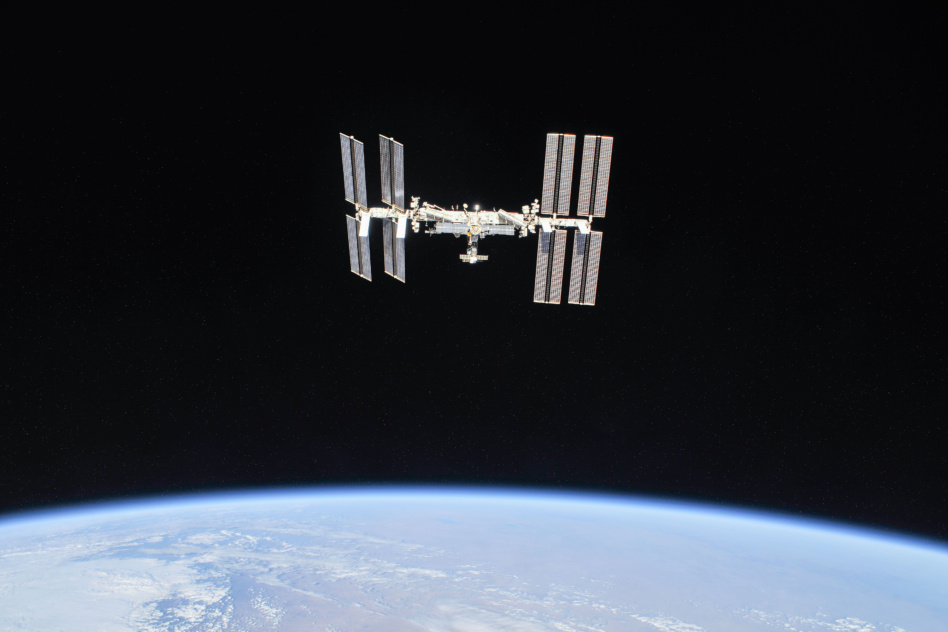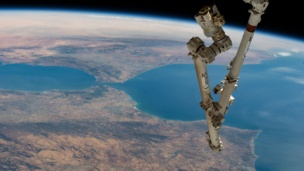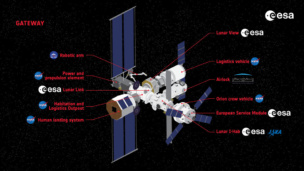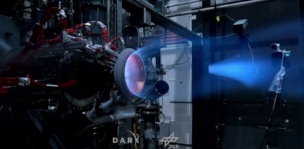Europe is seeking its own cargo transport to the ISS. Last week, ESA announced that it is looking to support private companies’ development of cargo transport capabilities to the ISS and, in the future, to other LEO outposts.
“By launching this call, we are providing the supporting scheme, whereby private companies receive support from ESA to develop services to the International Space Station and future commercial destinations orbiting Earth,” Frank De Winne, ESA’s ISS coordinator, said in a statement on Wednesday.
The details: ESA is looking for commercial proposals from European space companies for vehicles that can transport up to 2,000 kg of cargo to LEO and carry up to 1,000 kg back home again. The agency is looking at 2028 for the first demo mission.
The agency has allocated €2M ($2.1M) for its contribution to the first phase of development, which is not meant to cover the full costs of the vehicle. Proposals are due at the end of the month, on June 29.
Too little, too late? ESA has recently been taking steps to bolster Europe’s independent access to space and catch up to its peers. Agency head Josef Aschbacher recently lamented how Europe has fallen behind in launch capabilities, specifically, and that it “finds itself today in an acute launcher crisis with a (albeit temporary) gap in its own access to space and no real launcher vision beyond 2030.”
In cargo transport, too, ESA lags behind NASA. The US agency has had its eye on commercial services to the ISS since launching its COTS (Commercial Orbital Transportation Services) program in 2005, leading to the first successful Cargo Dragon demo back in 2012.
With this call for proposals—as well as with other commercial partnerships, including through its planned Moonlight constellation in lunar orbit—ESA is looking to expand its relationship with the European space industry to build out its capabilities in the orbital arena.




